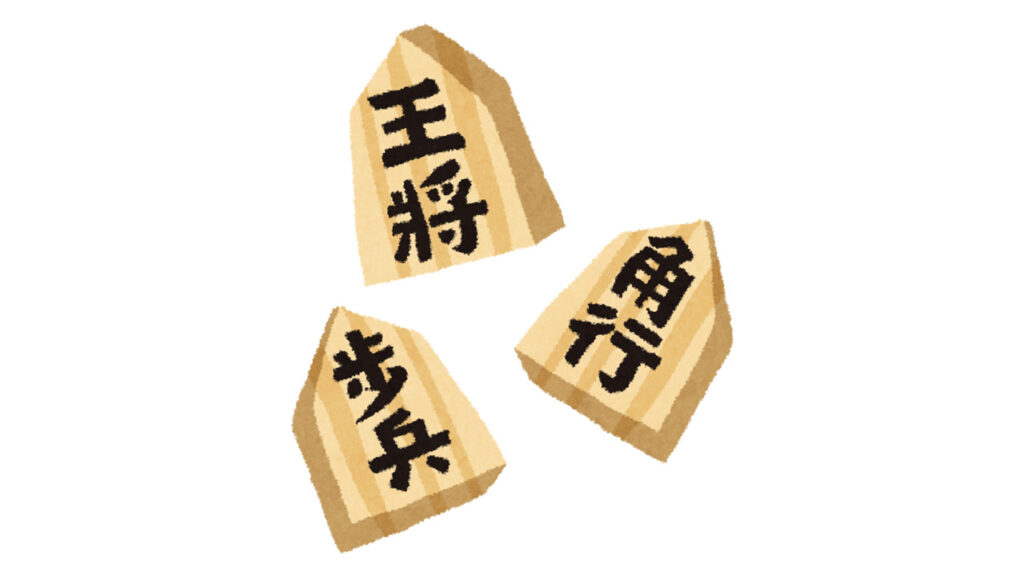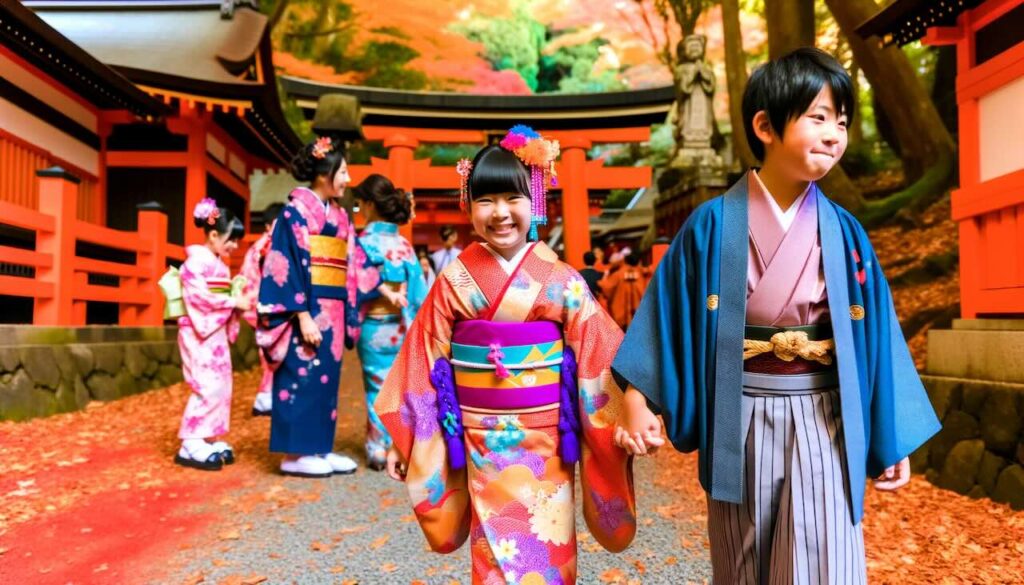Shogi—often referred to as Japanese chess—is more than just a board game. It’s a living cultural artifact, a mental battlefield, and a symbol of centuries-old tradition that continues to evolve in modern times. From its roots in ancient India to its flourishing in Japan’s Edo period and resurgence in the digital age, shogi’s story is as intricate as the game itself.
Origins: From Ancient India to East Asia
The earliest ancestor of shogi is chaturanga, a game developed in India around the 6th century. Played on an 8×8 board, it featured pieces representing different military units—infantry, cavalry, elephants, and chariots—and served as the blueprint for both modern chess and East Asian variants.
As chaturanga traveled along trade routes, it evolved. In China, it became xiangqi, with distinctive features like:
- A “river” dividing the board
- Pieces placed on grid intersections rather than squares
- New rules inspired by Chinese military thought
Xiangqi’s spread to the Korean Peninsula and eventually Japan laid the groundwork for shogi.
Shogi Takes Root: The Heian Period
Shogi arrived in Japan during the Heian period (794–1185), likely via Korea. The earliest recorded mention of the game appears in 1058 in the diary of nobleman Fujiwara no Yukinari.
Early forms of Japanese shogi looked quite different from the game played today:
- Boards were smaller—typically 8×8 or 9×8
- Movement rules varied
- The drop rule (allowing players to reuse captured pieces) had not yet been introduced
Still, the basic premise—a strategic battle between two sides—remained at the core.
Evolution and Refinement: Muromachi to Edo Periods
From the Muromachi period (1336–1573) onward, shogi underwent major changes:
- The standard 9×9 board was adopted
- Powerful pieces like the dragon king and dragon horse were introduced
- The revolutionary drop rule—which allows players to redeploy captured enemy pieces as their own—became standard
By the Edo period (1603–1868), shogi had become deeply embedded in Japanese society. It wasn’t just a pastime of the elite anymore—samurai, merchants, and townspeople alike embraced the game. This era also witnessed:
- The rise of professional players
- The publication of strategy guides
- The emergence of structured opening theory
Shogi in the Modern Age: Meiji to Present
The Meiji Restoration (1868) brought Western influences to Japan, including international chess. While this initially led to a dip in shogi’s popularity, the early 20th century saw a strong revival:
- Amateur clubs and official tournaments began forming
- In the Showa period (1926–1989), shogi thrived thanks to:
- The creation of prestigious titles like Meijin and Ryuo
- Increased media coverage in newspapers and on TV
Shogi Today: Where Tradition Meets Technology
In the 21st century, shogi has expanded beyond its homeland and entered a new phase of evolution:
- The Japan Shogi Association continues to nurture a vibrant professional scene
- AI challengers like Ponanza have outplayed top human professionals, reshaping the way strategy is studied
- Shogi federations have been established in countries from the U.S. to France to Indonesia
- Manga and anime like March Comes in Like a Lion have helped make shogi more accessible to younger generations
What Makes Shogi Unique?
Shogi stands apart from other chess variants thanks to features like:
- Drop Rule: Captured pieces switch sides and can re-enter play, turning every exchange into a potential comeback
- Promotion System: Pieces can gain new abilities upon reaching the opponent’s back ranks, adding dynamic depth
- Balance and Tension: Draws are rare, and every game is rich in offensive and defensive tension
These elements ensure that no position is ever truly safe—and no game ever truly over—until the final move.
Conclusion: A Strategic Legacy That Transcends Time
From its humble beginnings as a military simulation in ancient India to its modern status as a cultural icon in Japan and beyond, shogi is more than a game—it’s a tradition, an intellectual challenge, and a bridge between generations.
Whether you’re a veteran player or new to the world of shogi, diving into this centuries-old game means participating in a living tradition that continues to evolve. It’s a reminder that strategy, culture, and human ingenuity are timeless—and that the quiet clatter of wooden pieces on a shogi board still carries the echoes of history.


